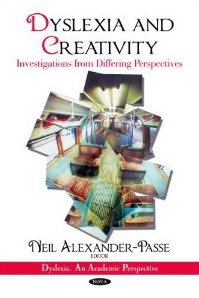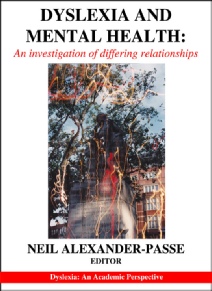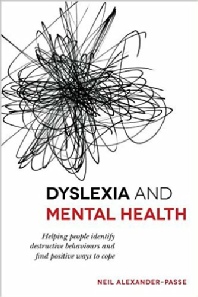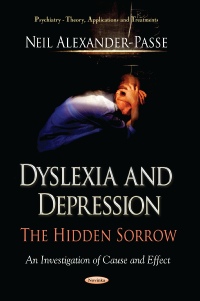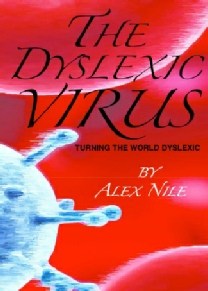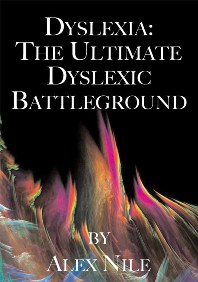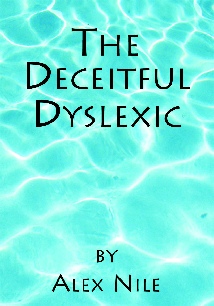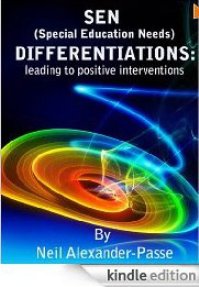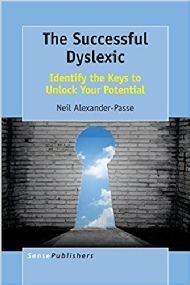

© Dyslexia-Research.com - Dr Neil Alexander-Passe - Contact at: neilpasse@aol.com
Dyslexia-Research.Com - The home of humanistic dyslexia research
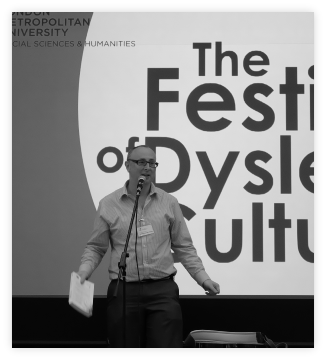

Dyslexia: Dating, Marriage & Parenthood
Investigating communication difficulties
This new innovative book aims to investigate adults with dyslexics and their long-term relationships are affected by their learning differences. Non-dyslexic partners were interviewed and they make several interesting claims that communication is affected.
Buy from Amazon.co.uk (click here)
Buy from NovaScience, the publishers (click here)
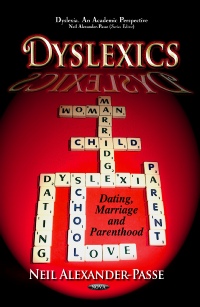
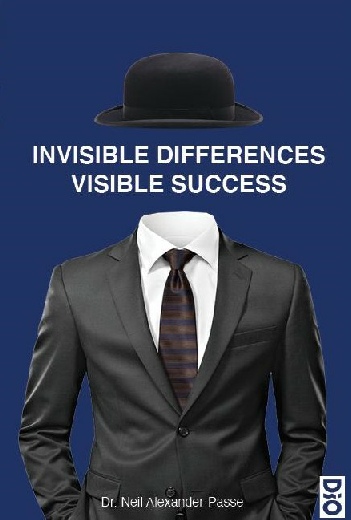
This is another tour de force from Neil, bringing an insider's eye to understanding the complexity of hidden handicaps, in a compelling series of vignettes that will grab the readers' attention throughout.
Professor Angela Fawcett, Emeritus Professor of Psychology, Sheffield University, UK
The book presents a clear and accessible text which will be particularly useful to practitioners, parents, and disabled activists. Alexander-Passe should be commended for bringing to life the lived experiences of people with hidden disabilities.
Professor Stephen J Macdonald, Department of Sociology, Durham University, UK
This is an interesting book that successfully replaces the deficit view of disability with a more promising and optimistic perspective, through the use of inspirational shared personal stories from successful people who have invisible differences.
Professor Garry Squires, Professor in Educational Psychology, University of Manchester, UK
For the last 20 years commentators have begun to question the validity of the “Social Model of Disability”, and there is now space to develop a new model for those with hidden/invisible disabilities, who in fact out number those with visible disabilities.
This book develops the “Bi-ability Model” (Valeras, 2010) to better understand it’s viability to challenge the “Social Model of disability” (1972), as an outdated concept describing all those with disabilities.
It is argued that the Social Model is too focussed on physical impairments/physical environmental barriers, and does not truly describe the barriers faced by those with hidden/invisible impairments in modern society (at school, at university, in the workplace, and socially).
The author has interviewed many very successful individuals with a range of hidden/invisible disabilities (e.g. dyslexia, Type 1 diabetes, Autism, ADHD, Epilepsy, Profoundly deaf, ME, bipolar depression and fibromyalgia), some having more than two disabilities, to develop greater understanding of their lives, and their keys for success.
This book will look at the “Bi-ability Model’ and how it offers a better way to understand their ability to develop highly successful careers through a range of strategies (e.g. passing) whilst rejecting a disability identity.
| About the Author |
| Academic CV |
| Teaching CV |
| Research for the book |
| Reviews for the book |
| The Successful Dyslexic Book |
| How can parents support their child with dyslexia? |
| Dyslexia, self-harm and attempted suicide |
| The Lifelong social and emotional effects of Dyslexia |
| Dyslexia and Depression |
| Dyslexia: Dating, Marriage & Parenthood |
| Dyslexia and Creativity |
| Dyslexia and Mental Health-differing perspectives |
| Dyslexia & Mental Health |
| Surving School as a Teenage Dyslexic |

